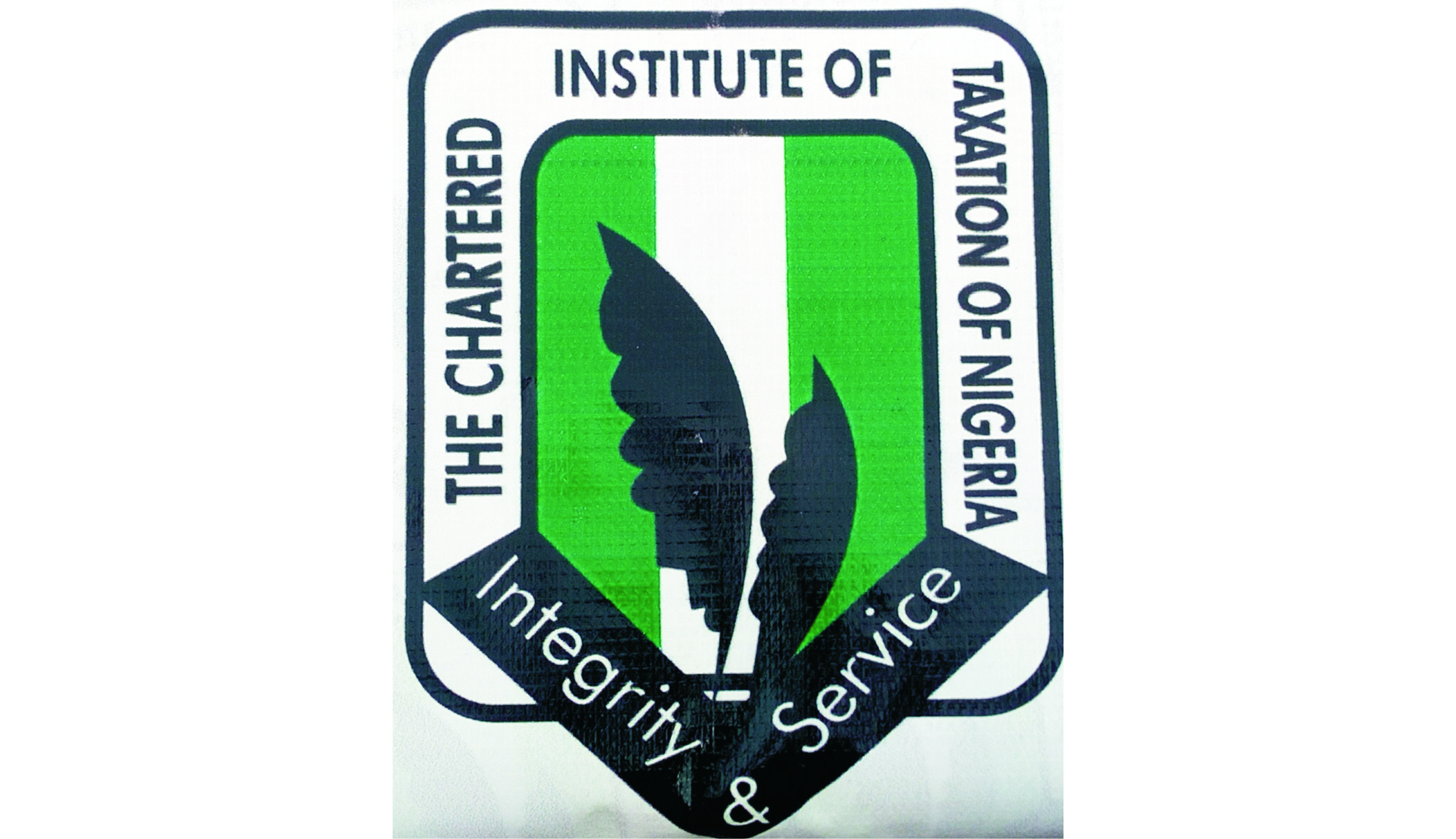Business
Senate Tasks Body On Tackling Corruption Scientifically

President of the Senate, Dr Ahmad Lawan, yesterday, charged the Chartered Institute of Forensic and Investigative Professionals of Nigeria (CIFIPN) to be scientific in its bid to investigate corruption in Nigeria.
He said corruption was not only being fought ferociously because of the damage it could inflict on the society but because it could weaken Nigeria’s systems.
Speaking after he was conferred patron of the professional body, yesterday, in Abuja, the Senate President said the profession has what it takes to offer a practical approach to nip corruption in the bud.
“I am most pleased to welcome you to the Senate of the Federal Republic of Nigeria. I appreciate your decision to confer on me the position of the patron of the reputable Chartered Institute of Forensic and Investigative Professionals of Nigeria (CIFIPN).
“The decision is symbolic for many reasons. One of these is that it is not just an honour done to me, but also to the Senate of the Federal Republic of Nigeria.
“By this move, you are calling the attention of the Senate to your noble anti-corruption objective. Through the Senate, and the National Assembly, a greater number of citizens can additionally appreciate your efforts.
“The fight against corruption is worthy, considering the damage it is causing. The angle from which the Chartered Institute of Forensic and Investigative Professionals of Nigeria (CIFIPN) is coming from, is surely a practical approach.
“It is practical because it seeks to provide skills to relevant professionals on the use of science and technology to prevent, detect, and to investigate corruption. It also envisages mechanisms against re-occurrence.
“This anti-corruption framework can enhance the prosecution and sanctioning process. We have emphasized prevention as a good route to reducing corruption, given the tendency of individuals to exploit weaknesses in systems.
“People are more likely to take advantage of loopholes than they can create it. Technologies are additionally expected to reduce loopholes, because of their sophistication, the skills required, and for the fact that they are structured.

